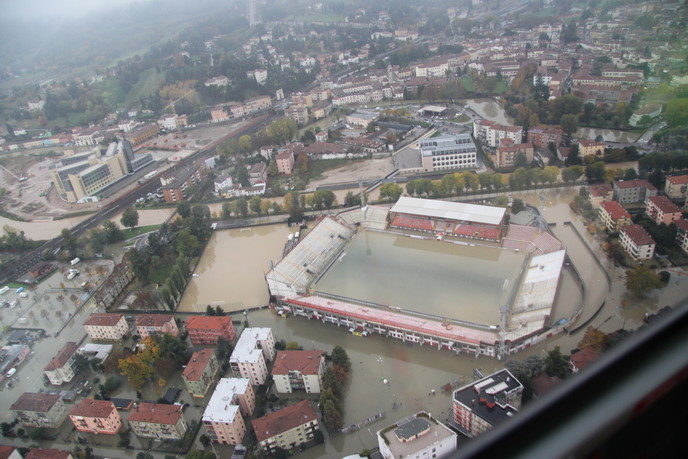Weather monitoring with GNSS in south-east Europe
Application of GNSS in meteorology is an established research field. Advances in GNSS data processing will allow it to be used for climate monitoring, an emerging area of research. The GNSS METEOROLOGY (Exploitation of ground-based Global Navigation Satellite Systems (GNSS) for meteorology and climate studies in Bulgaria/Southeast Europe) project developed a water vapour database for use in meteorology and climate studies in south-east Europe named Sofia University Atmospheric Data Archive SUADA(opens in new window). SUADA data is available from a web portal(opens in new window), which contains data on both short- and long-term variations of integrated water vapour derived from GNSS over Bulgaria and south-east Europe. Short-term variation covered studies of intense precipitation events, hailstorms and fog. Long-term studies included the 2007 heat wave and comparisons with regional climate models over an eight-year period. The consortium also produced two short videos introducing the concepts of GNSS meteorology and GNSS for ionosphere monitoring available on online(opens in new window). The project contributed to the successful development of a regional centre of knowledge in GNSS METEOROLOGY. This topic is new for the region; therefore, the project bridged an existing gap, strengthening south-east Europe's research capacity. It also established links at the national level and impact studies for implementing severe weather monitoring and fog diagnosis and forecasting.







